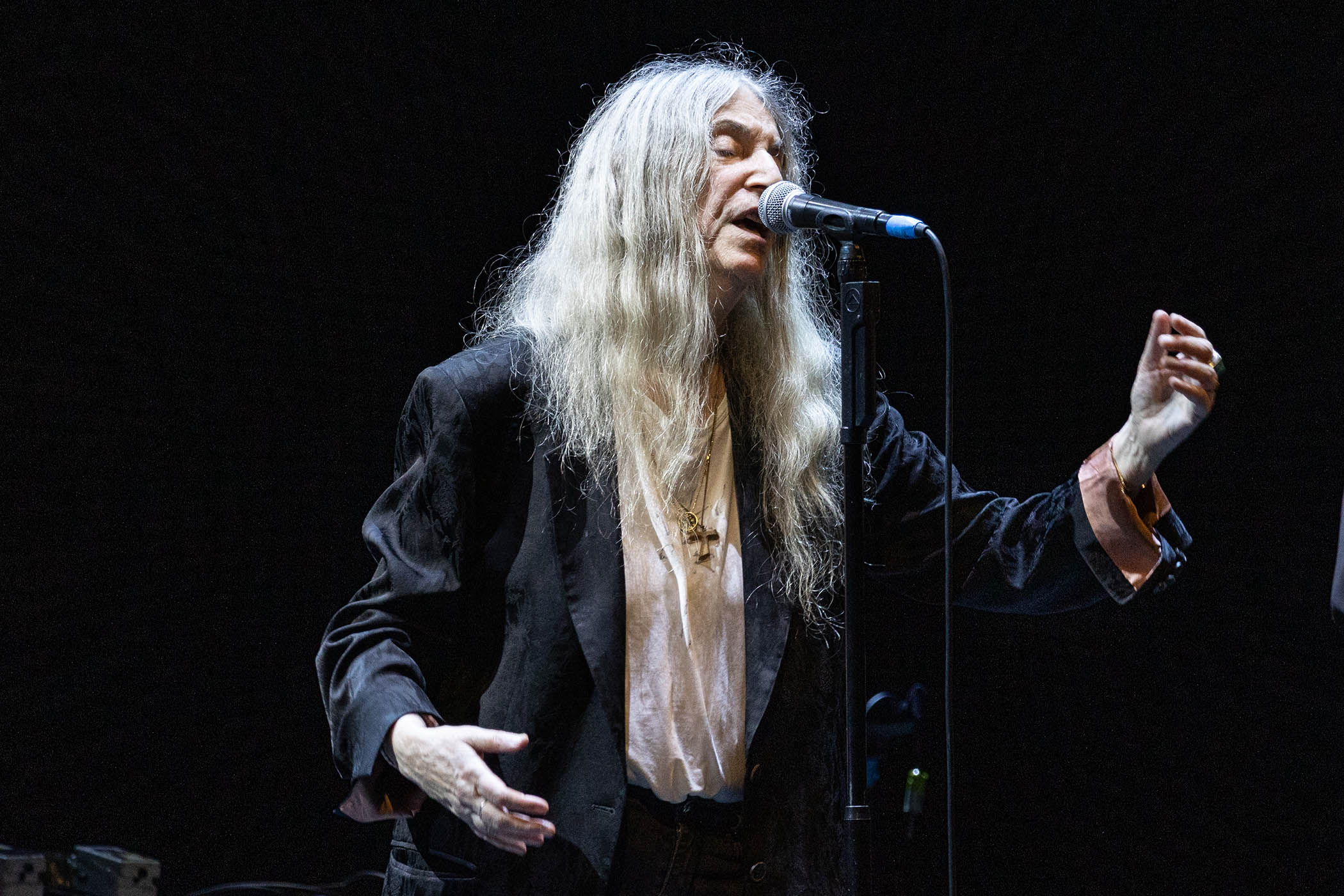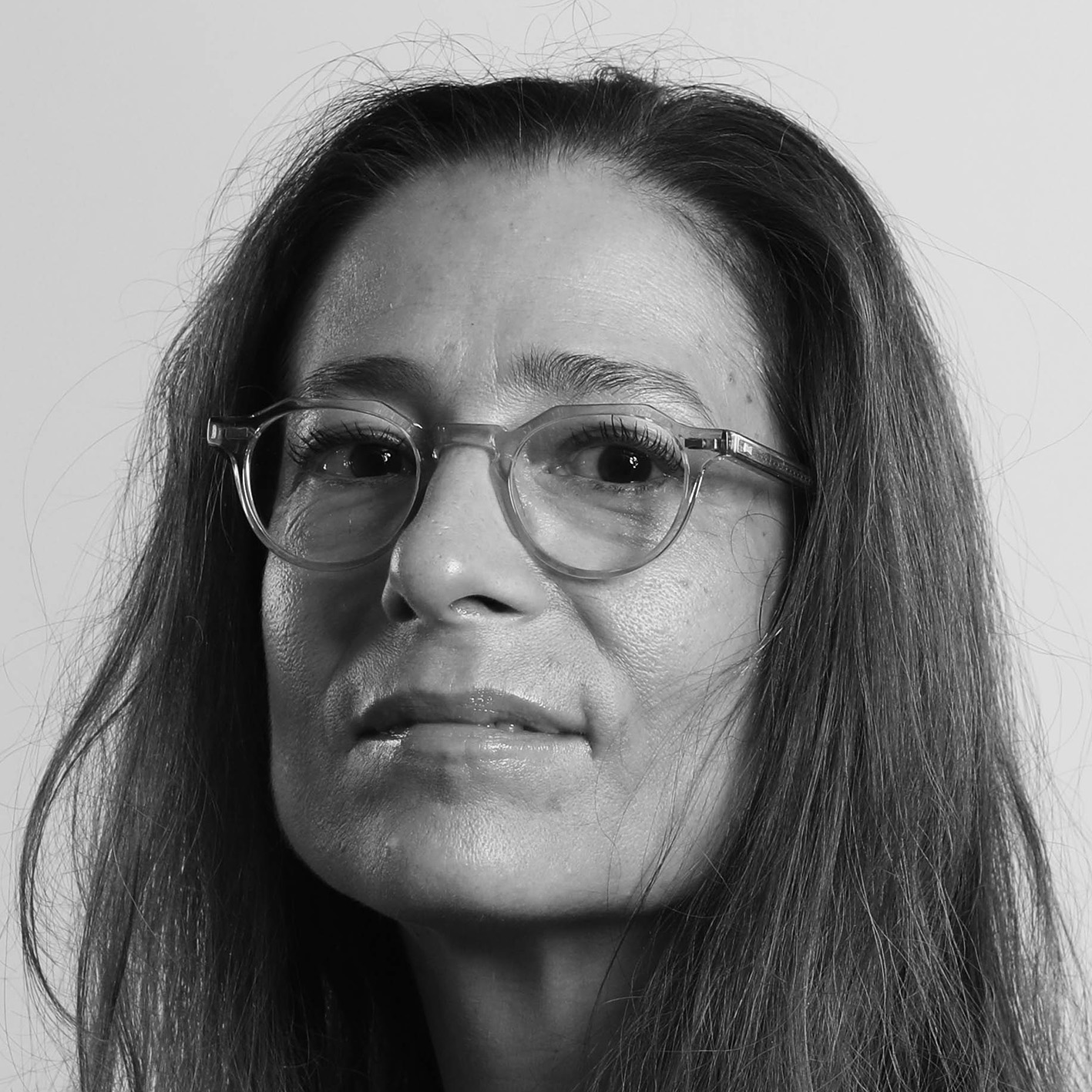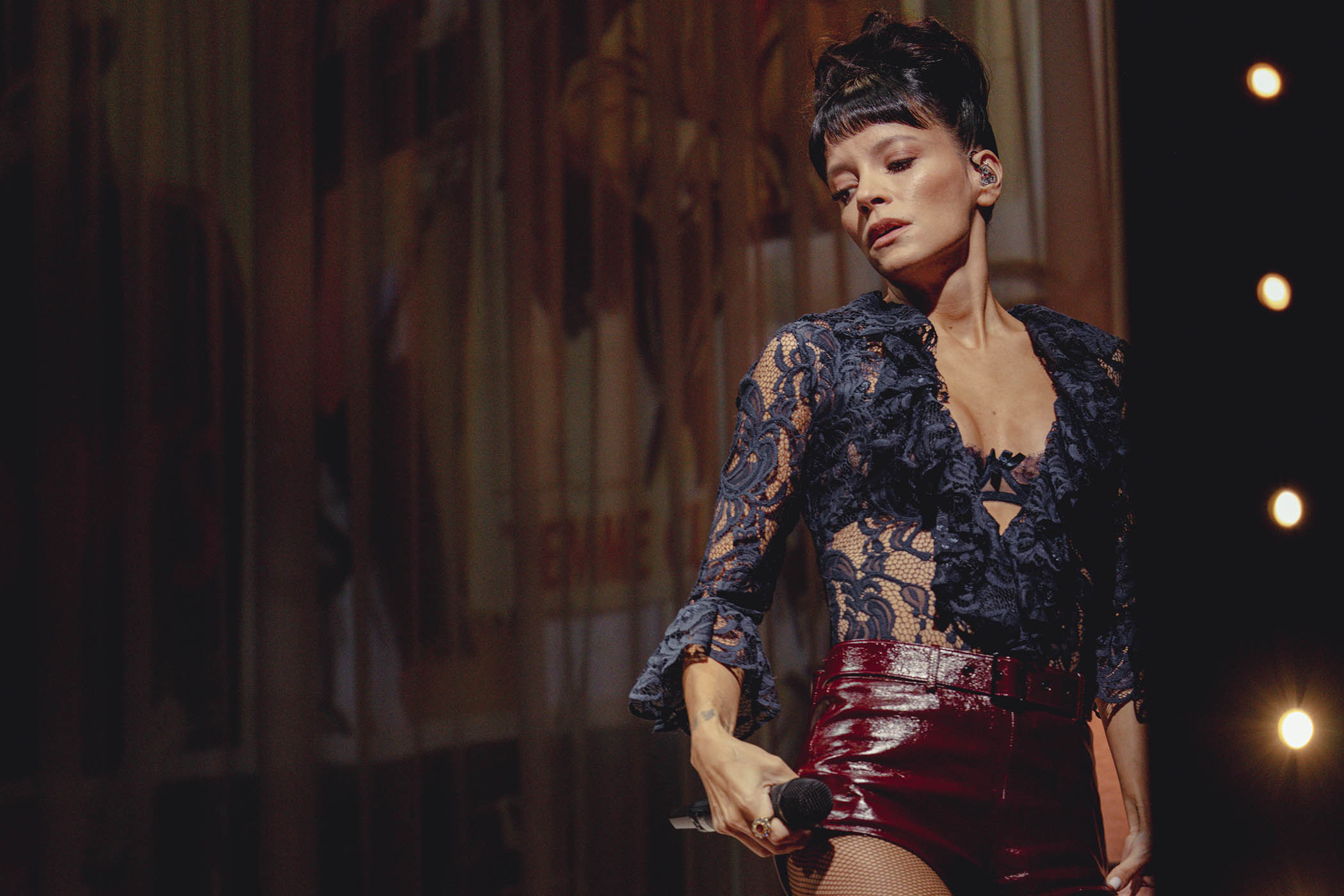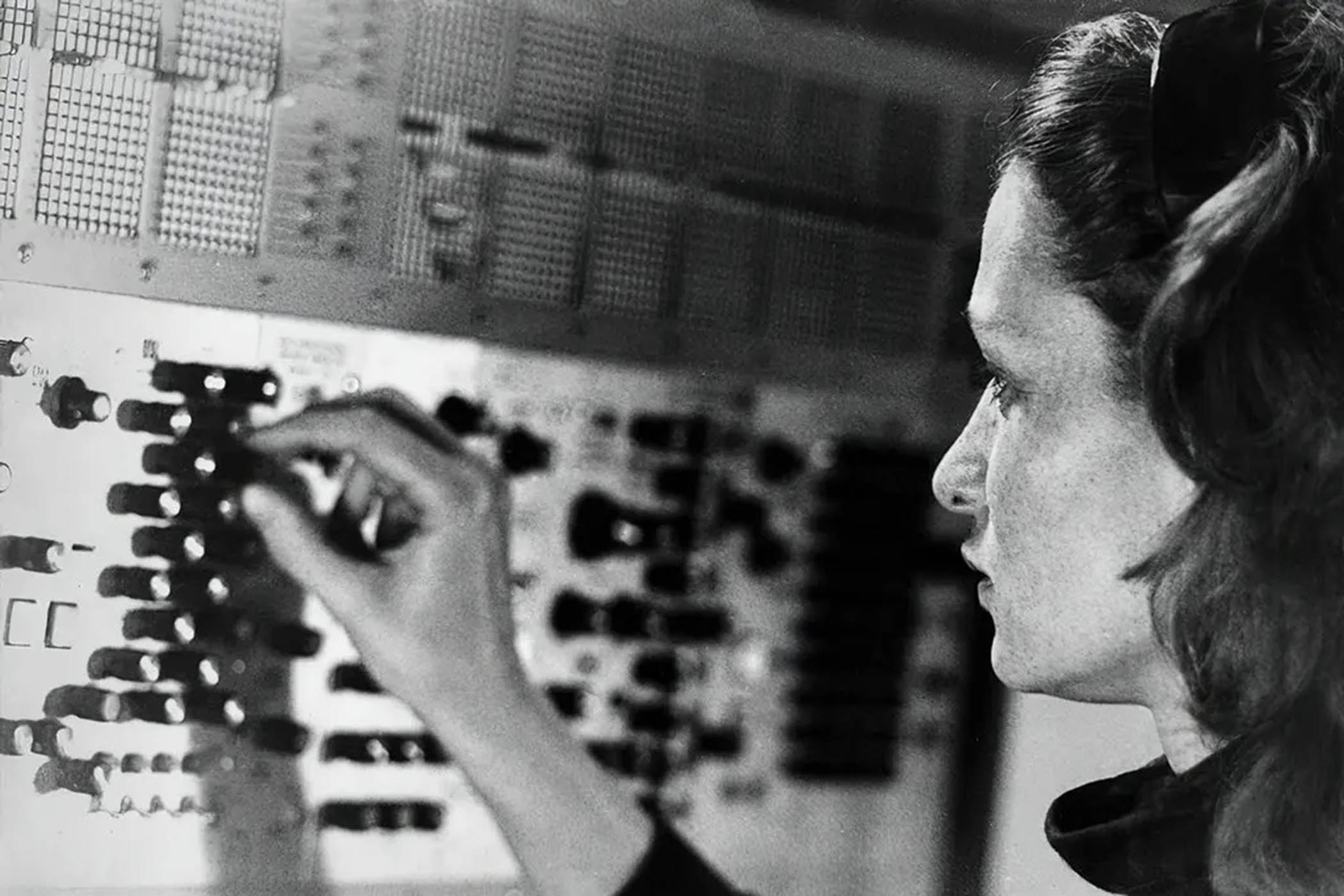“The boy was in the hallway,” begins Patti Smith intently, as the gangly Lenny Kaye creates a rhythm on guitar. The stage is stark – just musicians, lights, not much else. The Palladium theatre is rapt. Another boy is getting closer; Kaye’s tense, staccato guitar sounding like a minimal horror movie score. “The boy looked at Johnny, Johnny wanted to run,” intones Smith.
Fans of Smith and of her extraordinary album Horses, grown in the grimy petri dish of early 70s New York, know what’s going to happen next – more or less. This is one of rock’s most transcendental encounters, etched into the canon since 1975. It’s an act of violence, most likely sexual, that causes Johnny to fall to his knees, repeatedly bash his head against a locker and begin to dissociate vividly, visions of horses (“Horses! Horses! Horses!”) coming to him in his hour of need – “White shining silver studs with their nose in flames.”
Fifty years ago, it was an incendiary piece of performance poetry. The title track of Smith’s debut – part of a greater piece called Land – has lost none of its emotional heft or incantatory power. Time has a way of defanging art. Horses – all of it – is still wild.
The record’s swagger and confrontation began on its cover: the androgynous Smith, jacket nonchalantly slung over her shoulder, stares down Robert Mapplethorpe’s camera. Inside, were tales of lust and suffering, sorrow and untimely death. A body is discovered at a bathing spot (Redondo Beach). Many of the characters in Horses beg to be taken away, to be transformed. Even a loving song written for a baby sister – Kimberly – includes dilatory, apocalyptic scenes.
Using the shapes and instruments of rock, Horses channelled the grit of proto-punk. But it also placed Smith’s snarling wordplay alongside a freewheeling spirit partly derived from jazz, where rules dissolved under the artist’s imperative to transport. The Velvet Underground’s John Cale produced.
Smith is touring Horses in its entirety, performed slightly out of order for maximum impact, alongside a selection of her later songs. On the second night of her two-night residency at this plush theatre, Horses still sounds both primitive and sophisticated.
Its maker has lost none of her swagger, either. If anything, the years have bestowed upon her a greater low-end vocal range that just increases her gravitas. Multi-instrumentalist Tony Shanahan adds elegant piano here and there; Smith’s son, Jackson, also plays a piercing guitar. Original drummer Jay Dee Daugherty is not present, his stool taken by Seb Rochford.
One of the more straightforward songs, Free Money, fantasises about a lottery win, foregrounding the gnawing desire for someone you love to finally have enough. The ferocity of that emotion comes allied to some of the most potent music of the night.
Smith has gone on to be an artist of great conscience, historically championing the cause of Tibet, among many others. Tonight’s rendition of Birdland contains an invective against a corrupt president, and the night’s second act (of non-Horses songs) includes a track – Peaceable Kingdom – written in the aftermath of the death of the activist Rachel Corrie in 2003, crushed by an Israeli bulldozer in the Gaza Strip while trying to defend Palestinian homes from demolition.
The track Horses has, if anything, gained new perspective over the years, mutating as Smith has seen fit. The ills of the world assail Johnny, her protagonist, in a section that finds Smith in full artist-as-shaman flow, shaking her hands, stamping and spitting as her band keep up a clanging chug behind her. In her sights: the abuse of nature, the horror of war. But Johnny also feels the joy of being alive.
Newsletters
Choose the newsletters you want to receive
View more
For information about how The Observer protects your data, read our Privacy Policy
It is all exhilarating; the centrepiece of a bravura performance that sees Horses followed, after an intermission, by an odd digression into the songs of Television, fellow heroes of the New York scene. Kaye and Shanahan sing; Kaye tells of a six-week period in the spring of 1975 when the Patti Smith Group and Television played as a double bill five nights a week. Other songs attest to Smith’s enduring talent. Dancing Barefoot, from 1979’s Wave LP, is the standout of the second act, a track that oscillates between comparing love to quasi-religious ecstasy and to falling from a building.
The night threatens to end on a sour note. For People Have the Power, Smith introduces her daughter, Jesse, on keyboards. To a mixture of applause and audible jeering, they are also joined by Johnny Depp, an actor famous in great part for impersonating Keith Richards – an early hero of Smith’s – for his role in Pirates of the Caribbean. He has a way of insinuating himself into the circles of famous musicians (Shane MacGowan and Paul McCartney, for two). In the UK, Depp lost the libel case he brought against a UK tabloid that labelled him a “wife-beater”. (But in the US, a subsequent trial ended differently.) Smith’s debut album is, in many ways, a record about liberation. It’s jarring, to say the least, to see Depp as part of its celebrations.
But Horses is too powerful to be led astray by this. In Birdland – less about the storied jazz venue than an actual flock of birds – Smith’s child protagonist imagines being abducted as a way of dealing with the loss of his father. He realises his father is no longer human; that the ship he pilots is extraterrestrial.
The desperation of the son is hard to bear. “Daddy, don’t leave me here alone,” Smith sings, bereft, before embarking on another hallucinatory epic in which the boy offers up his own eyes in exchange for a lift out of the life he is trapped in. Above all, it is the profound strangeness of the record that lingers.
Photograph by Andy Hall/ The Observer



